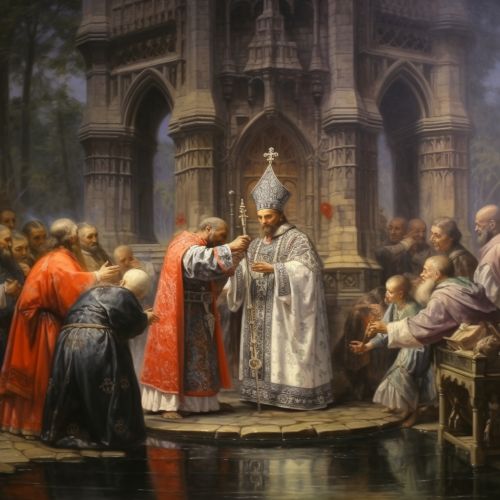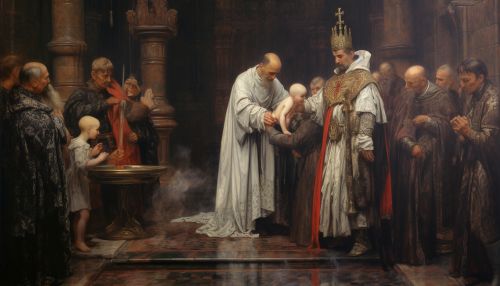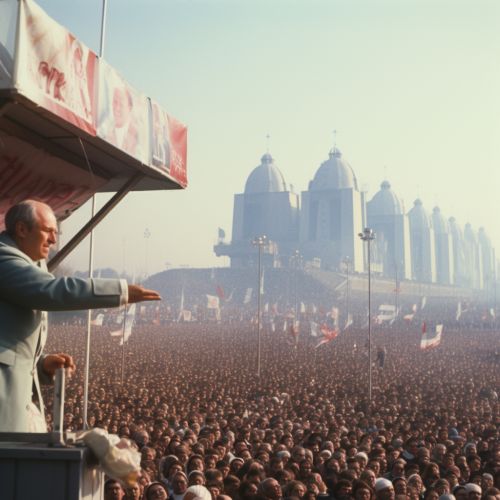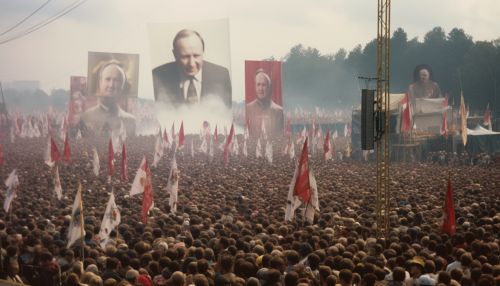History of Christianity in Poland
Early Christianity (966–1385)
The Christianization of Poland began in the 10th century, with the baptism of Mieszko I, the first ruler of the Polish state. This event, which took place in 966, marked the beginning of the Christian history in Poland. The newly established Church was subordinate to the Archbishopric of Magdeburg, and it was only in 1000 AD, during the Congress of Gniezno, that the Polish Church was granted independence by Pope Sylvester II.


The 13th and 14th centuries were marked by the expansion of the Church's influence, with the establishment of numerous monasteries, churches, and cathedrals. The Church also played a significant role in the education and culture of the Polish people, with the founding of the University of Krakow in 1364.
Reformation and Counter-Reformation (16th–18th centuries)
The 16th century brought the Protestant Reformation to Poland, which led to the establishment of various Protestant denominations, such as the Polish Brethren and the Evangelical Church of the Augsburg Confession. Despite the initial success of the Reformation, the Counter-Reformation, led by the Catholic Church, managed to regain lost ground and by the end of the 18th century, Poland remained predominantly Catholic.
19th Century
The 19th century was a period of great turmoil for the Polish Church. The partitions of Poland between Russia, Prussia, and Austria resulted in the suppression of the Catholic Church, especially in the Russian and Prussian territories. Despite the difficult circumstances, the Church managed to survive and even thrive in some areas, becoming a symbol of national resistance.
20th Century and Beyond
The 20th century was marked by the two World Wars, the establishment of the communist regime, and the eventual return to democracy. Throughout this period, the Church played a significant role in the Polish society, providing spiritual and moral support to the people. The election of Cardinal Karol Wojtyła as Pope John Paul II in 1978 had a profound impact on the Polish Church and the Polish people, strengthening their faith and their resolve to fight for freedom.


Today, Poland remains one of the most devoutly Catholic countries in Europe, with the Church continuing to play a significant role in the society and culture of the country.
